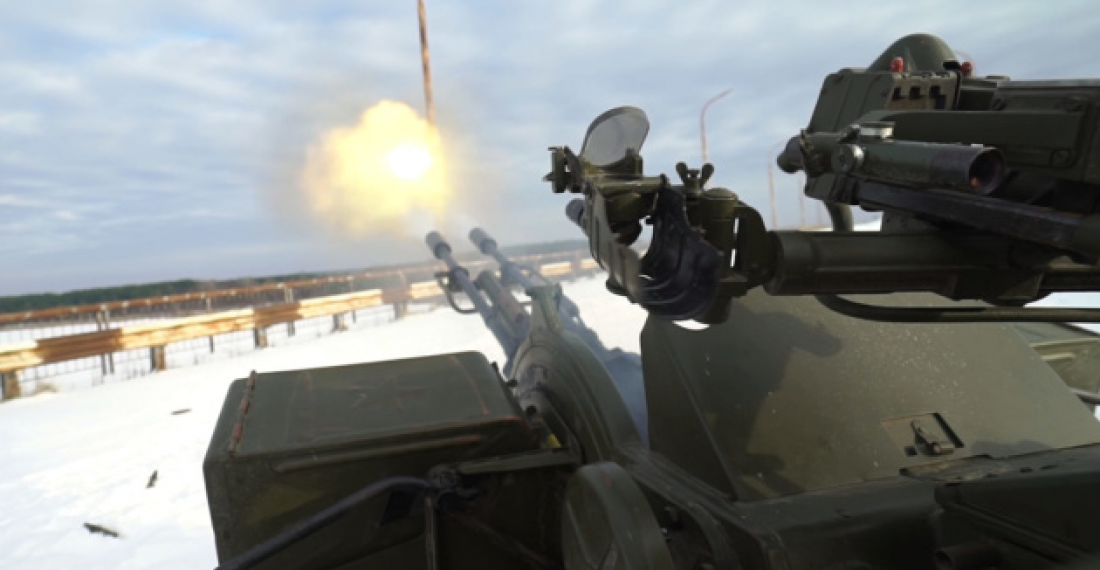The Ukrainian Armed Forces have shot down almost 500 Iranian drones since September, the spokesman of the Ukrainian Air Force announced on Tuesday (3 January).
Speaking during a television interview, Yurii Ihnat added that the Ukrainian Armed Forces had also destroyed all 84 drones launched by Russia during the massive drone attack over the New Year holidays.
"If they are going to bombard at such a pace as during those two nights, then according to the information already announced by our certain special services and intelligence about a new batch of 250 [drones], at least half of them have already been used," the spokesman said. Despite suggesting that the current intensity of Russian drone attacks may not be sustainable, Ihnat also cautioned against complacency, saying that Russia would likely receive further batches in the future.
Ihnat's words echo those of Ukrainian President Volodymyr Zelensky who in his nightly address on Monday (2 January) warned that Russia is planning prolonged drone attacks in order to "exhaust" Ukraine. Indeed, it is believed that the drone attacks on population centres and critical infrastructure do not yield any particular battlefield advantages, and are instead designed to demoralise the population which must live with the constant fear and uncertainty that the strikes bring.
"We must ensure - and we will do everything for this - that this goal of terrorists fails like all the others," President Zelensky said. "Now is the time when everyone involved in the protection of the sky should be especially attentive."
In other developments, a Ukrainian strike in the early hours of New Year's Day in occupied Makiivka, Donetsk oblast, has killed around 400 Russian soldiers and wounded around 300, according to the Ukrainian military. Russia contests this figure, claiming that 63 soldiers were killed.
The BBC's Russia Editor Steve Rosenberg has noted that it is extremely rare for Russia to make such admissions, adding that the scale of the losses meant that staying silent was not an option.
Local security officials have since told Tass news agency that Ukrainian forces launched the strike after detecting the use of Russian mobile phones by servicemen arriving in the building.
source: commonspace.eu with BBC, Ukrinform, other agencies
photo: Ukrinform






